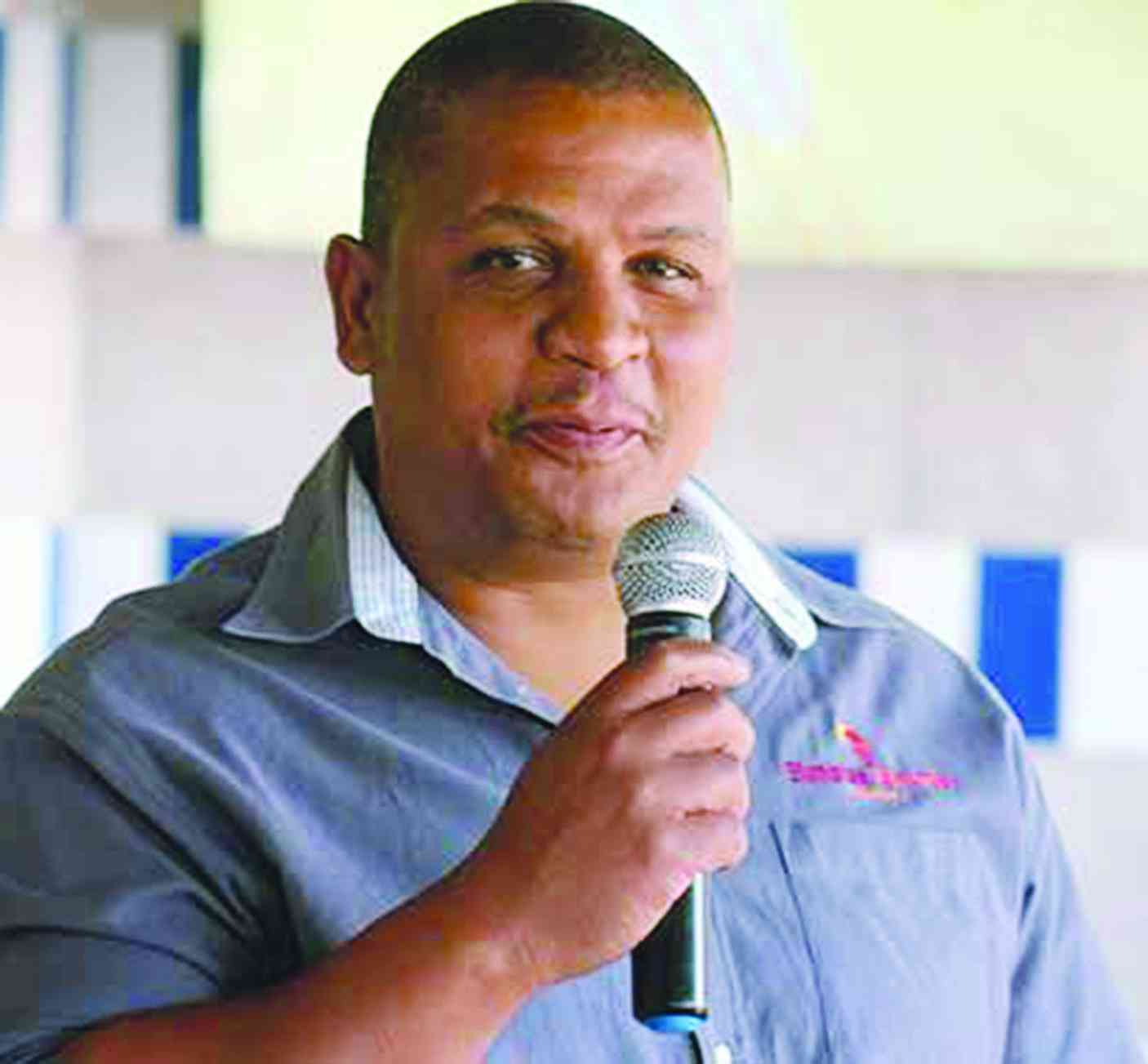
REAL estate firm Seeff Properties says property sellers in the country are rejecting government nostro facilities preferring United States dollar cash and nostro mortgage payments.
Civil servants and government contractors heavily rely on nostro payments.
Speaking at the CEO Africa Annual Roundtable recently in Victoria Falls, Seeff Properties licence and principal registered agent Patience Patongamwoyo said the property sellers were sceptical of government facilities.
“Currently, most real estate transactions are being conducted in United States dollars, with fewer to no evidence of local currency transactions,” she said.
“The market is accepting both cash payments (in US dollars) and nostro mortgage payments. However, government nostro facilities are facing resistance from some property sellers in the market.
“The availability of mortgage facilities is very scarce in Zimbabwe because most financial institutions are reluctant to offer long-term loans.”
She also revealed that properties in Zimbabwe were being purchased at a price that is 75% to 80% below the asking price due to the liquidity crisis.
“For example, a property with an asking price of US$150 000 is being transacted at US$120 000,” Patongamwoyo said.
“Although a number of real estate developments are noticeable in Zimbabwe, the property market remains affected by the current economic challenges.
“Macroeconomic backdrop such as continual fluctuations of the local currency, high interest rates, depressed disposable income, unfavourable mortgage facilities and exchange rate risks continue to suppress the growth of the real estate market in Zimbabwe.”
She said Harare’s central business district (CBD) is suffering from urban decay resulting from dilapidated building infrastructure, traffic congestion, limited parking space and street vendors occupying building pavements.
“Most buildings and communities in Harare are due for revitalisation, regeneration and redevelopment. However, property owners are not capacitated to revitalise their properties,” she noted.
The agent said the sector might experience pricing distortions if the currency issue is not resolved amid low confidence in the local unit.
Patongamwoyo said the uncertainty after 2025 has adversely affected the growth of the property sector as financial institutions are now reluctant to offer long term loans.
“The use of the multicurrency regime is expected to be discontinued after National Development Strategy 1 (NDS 1) in the year 2025. The uncertainty after 2025 has adversely started to affect the growth of the property sector,” she said, adding that void levels in the CBD remained high at an average of 60% with an occupancy level at 40%.
The void rate is the percentage of a property or portfolio that is vacant or unoccupied. High void rates could indicate poor demand or letting performance.
Speaking on the issue, West Prop Holdings chief executive officer Kenneth Sharpe said Zimbabwe needs to dollarise so as to give a long-term value in property and assets investment.
“We need to address the issues of rather not the dedollarisation issue, but the issue of the continuation of the United States dollar. The case is to aspire to become an upper middle-income country by 2030. In my view, it won’t be attainable if the economy dedollarises,” Sharpe said.
“The policy by the government to allow the use of the US$ to 2025 is short-sighted. Of course, we need our own currency, but there is absolutely no need to ban other currencies. I think the decision should be based on the market. The market does not lie.”
Patongamwoyo said the company was expecting high demand for their property portfolio as it is aiming at redesigning and redeveloping existing structures to meet the customers’ needs.






